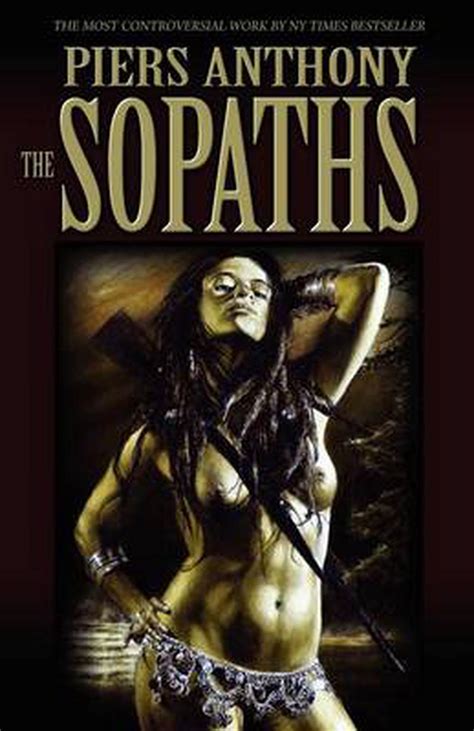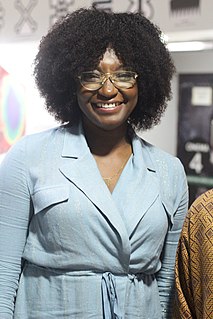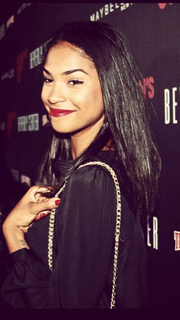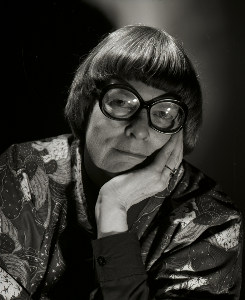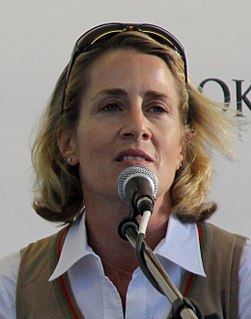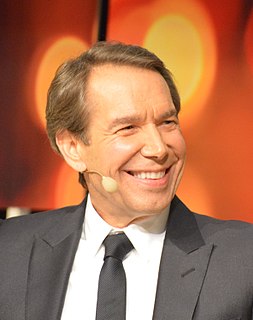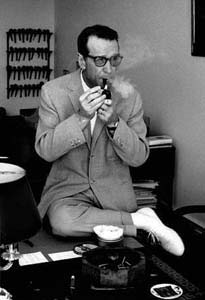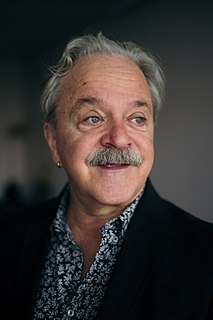Цитата Пирса Энтони
Ни один роман не является клоном любого предшествующего, хотя фоновый состав персонажей и событий вырос до тысяч, и в нем есть много знакомых аспектов.
Связанные цитаты
Сценарий во многом ограничивает, а роман освобождает. Вы можете заглянуть в головы своих персонажей и их предысторию и повеселиться с ними; то, что вам не рекомендуется делать со сценарием. С помощью романа я могу рассказать вам, о чем думают персонажи, я могу рассказать вам об их взглядах на мир, предыстории, вещах, которые я бы не осмелился затронуть в сценарии.
Но, если быть до конца откровенным, эта детская идея, что автор романа имеет какое-то особое понимание персонажей романа... она нелепа. Этот роман был составлен из царапин на странице, дорогая. Персонажи, населяющие его, не имеют жизни вне этих царапин. Что с ними случилось? Все они прекратили свое существование в момент окончания романа.
Помню, как я был удивлен, когда мой первый роман вот-вот должен был быть опубликован, и мне сообщили, что на меня могут подать в суд за все, что скажет любой из моих персонажей. — Но я часто не согласен с тем, что они говорят, — возразил я. Адвоката не интересовало четкое различие, которое я делаю между своим собственным голосом и голосами моих персонажей. Так же, как я обнаружил, многие из моих читателей.
Одна простая ошибка, которую можно сделать с первым романом, — это расширить рассказ. Некоторые вещи лучше в виде истории; вы не можете растворить вещи в романе. Я думаю, что первые сто страниц романа очень важны. Вот где вы настраиваете вещи: мир, персонажи. Как только вы настроите это, это будет намного проще.
Я сделал так много других проектов, где вы находитесь в комнате с читателем и разыгрываете свои реплики: «Мы должны выбраться отсюда! В любую минуту здание взорвется! И тогда читатель говорит: «Да… нам надо выбраться… отсюда». Так что быть в моменте в такой ситуации непросто. Чтение «Войн клонов» со всем актерским составом в комнате делает процесс более органичным, и мне это нравится.
